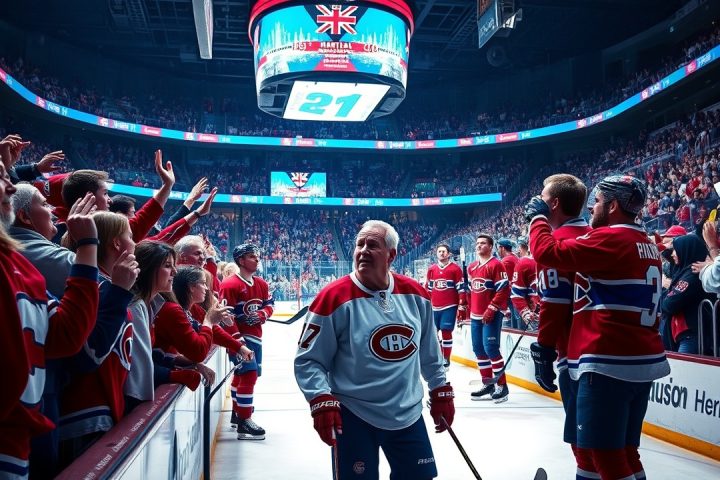NHL Negotiates New Collective Bargaining Agreement
The NHL has successfully negotiated a new Collective Bargaining Agreement (CBA) that has garnered unanimous support from both the NHL Board of Governors and members of the NHL Players’ Association (NHLPA). This agreement, set to take effect in the 2026-27 season and continuing through to 2029-30, promises significant changes to the structure of the league.
Key Changes in the Agreement
While detailed specifics of the CBA will not be publicly disclosed until a later date, insiders have revealed key elements of the agreement to ESPN. Among these changes is an expansion of the regular season from the traditional 82 games to a total of 84 games. Additionally, the maximum length of player contracts will be reduced, limiting re-signing contracts to seven years and new signings with other teams to six years.
Reactions and Future Implications
The agreement was reached ahead of the NHL Draft in Los Angeles at the end of June and subsequently ratified by players over the weekend. NHL Commissioner Gary Bettman expressed enthusiasm about the strengthened partnership between the League and the NHLPA.
“Our collaboration is at an all-time high, and this CBA provides a valuable opportunity to further develop and enhance the sport for fans and players alike,”
he commented. He also thanked the Board of Governors for backing the new terms, which aim to also improve the overall fan experience in the future.
This new CBA follows a prior decade-spanning agreement that initiated in 2013 and was extended in 2020. Marty Walsh, executive director of the NHLPA, noted that the players favored a shorter contract term due to the constantly evolving nature of professional hockey. He remarked that many players who began and ended their careers under the previous CBA never had the chance to effectively voice their bargaining rights.
Additional Aspects of the CBA
Sources confirmed additional aspects of the CBA, including:
- Establishing permanent emergency backup goaltenders for teams.
- Modifying long-term injured reserve rules which will now impose a salary cap during playoff games.
- Abolishing dress codes for players on game days.
- Establishing a uniform rule that a player’s draft rights will expire when they reach the age of 22.
- Raising the minimum salaries for NHL players.
- Removing deferrals from player contracts.
- Extending the NHL’s commitment to participating in the Olympics up to 2030.
Bettman described the negotiations as the most constructive of his long tenure, which began in 1993, attributing this progress to Walsh’s leadership and background in labor relations.
“This experience has been remarkably different than those in the past,”
he observed. Walsh echoed these sentiments, stating,
“This CBA exemplifies the results achievable when the NHL and the union unite — a landmark agreement that will facilitate the sport’s global expansion, benefiting everyone involved.”




